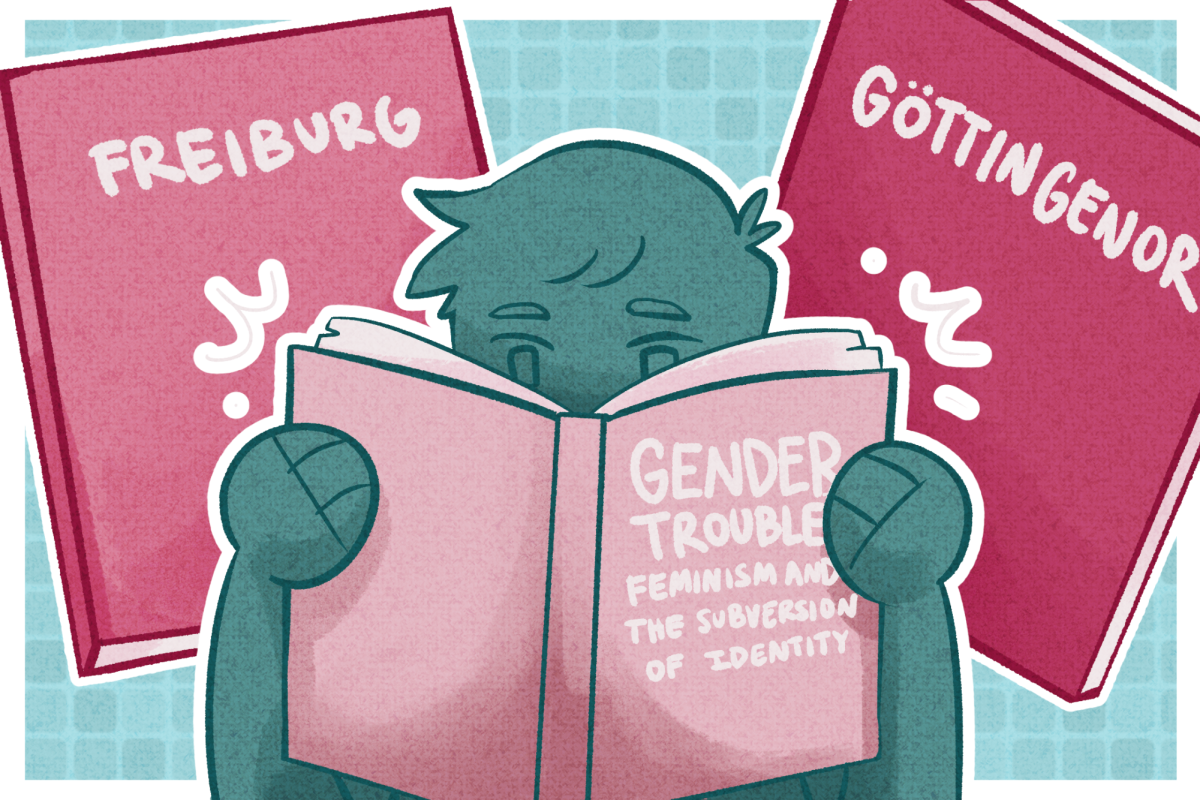As a public liberal arts university, UI has certain responsibilities to its students. We deserve a comfortable environment in the classroom. We deserve to feel free to express our opinions, but also be exposed to new viewpoints. And importantly, we deserve professors who are free to open our minds, teach our classes and educate us without fear of being fired.
Unfortunately, with the firing of religion adjunct professor Kenneth Howell, the University made a snap decision, and it was the wrong one.
Howell was fired because of his beliefs and their relation to an e-mail he sent to his class. The content of that e-mail offended at least one student, whose friend brought it to the attention of the University.
Professor Howell taught Introduction to Catholicism, in which he explained the principles of modern Catholic thought and the teachings of the Church. In a class such as this, students enroll knowing they are going to encounter controversial subject matter.
In the e-mail, he discussed the church’s opinions on homosexuality.
Get The Daily Illini in your inbox!
“…in other words, sexual acts are only appropriate for people who are complementary, not the same,” Howell wrote.
Out of context, that is a very judgmental statement. Yet, as an example of Natural Moral Law, utilitarianism and the teachings of the Catholic Church — it fits in the context of the e-mail and the class. Stating that the Catholic Church does not agree with homosexuality is not new, nor incorrect; however, Howell lost his job because he agreed with the views and was perceived to be preaching.
Professor Howell informed his students that he is a practicing Catholic at the beginning of the course, a symbol of transparency and a personal fact that wasn’t necessary for him to disclose.
Students go to college expecting to be exposed to different viewpoints and open our minds enough to understand them — even if we don’t always agree. Inherently, one of the lessons of a class teaching the principles of Catholicism is going to be that homosexuality is wrong.
While we disagree with this viewpoint and fully support the LGBT community in its efforts for equality, firing Howell for teaching the facts was wrong, and an overreaction.
When hiring religion professors, there is always a risk that those who genuinely believe what they teach may in fact begin to preach. There is a fine line between teaching the beliefs of a religion and teaching students what to believe. That line is crossed when a professor penalizes a student’s grade when he or she personally disagrees with the teachings of the class. There’s no evidence this was a part of this situation.
In his e-mail, Howell advised his students to “approach these questions as a thinking adult” and “make informed decisions.”
We commend the University for taking the student’s complaint seriously. This shows that administrators are listening to the student voice and are willing to make tough decisions to defend our rights, no matter what. However, being inclusive means allowing all viewpoints to be heard, and firing a Catholic professor for expressing the beliefs of his religion is a misplaced way to take a stand for homosexual students.
It’s difficult to tell what to make of the e-mail sent by a friend of the offended student. We were not in the class and we have no way of knowing how strongly the beliefs of those who took offense to Howell affected how they absorbed the information.
What we do know is the content of two e-mails; one from Howell to his class and another from someone concerned with Howell’s teachings who was not taking the class (sent for a friend who was). From those e-mails, we do not see enough to warrant the University’s decision.
Couldn’t the issue have been better addressed through a warning or opening up campus conversation about teaching such difficult subjects? How is homosexuality addressed in other introductory religion classes? It’s unfortunate that the handling of this situation has divided the very community University administrators were trying to make more inclusive.
Thankfully, the University is taking this issue under review to investigate what really happened and if the best choice was made. We need more information and hope that, through this review, details of the case and decision-making process will come to light.





